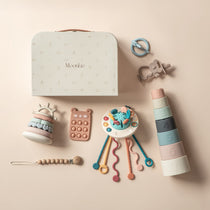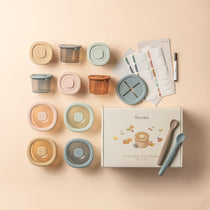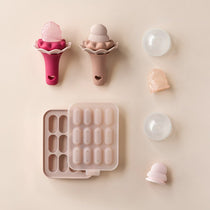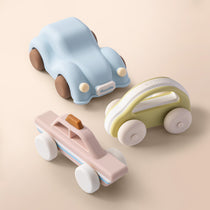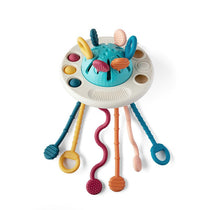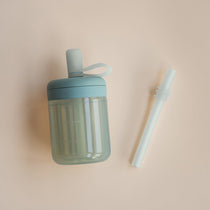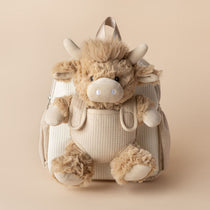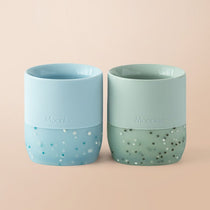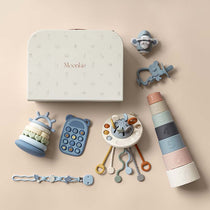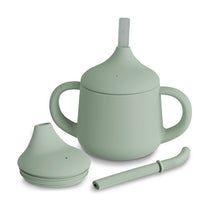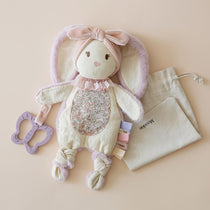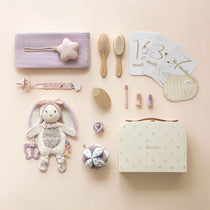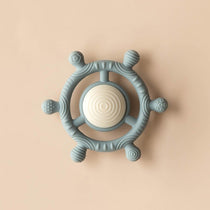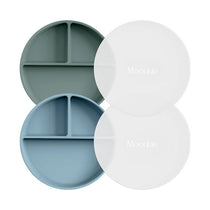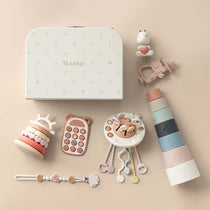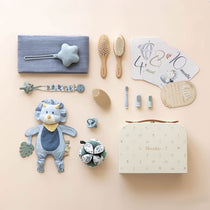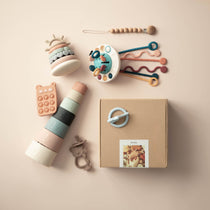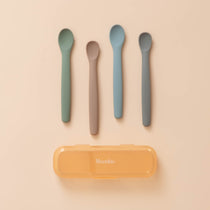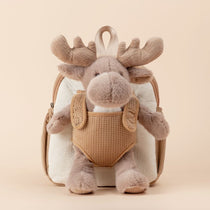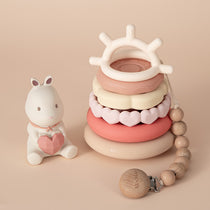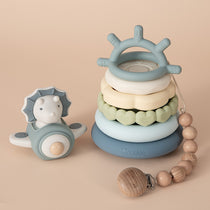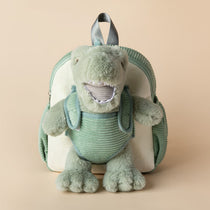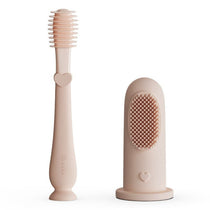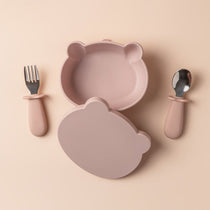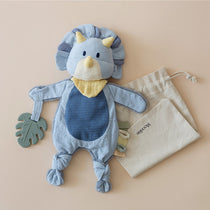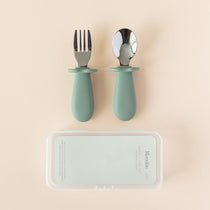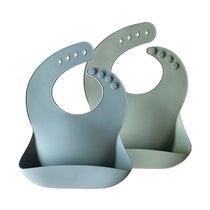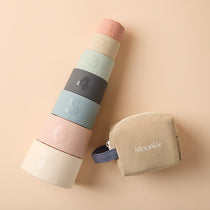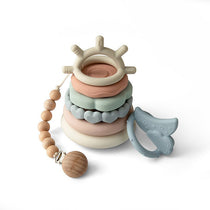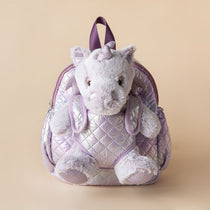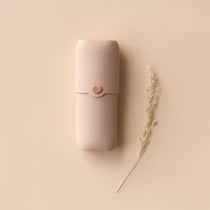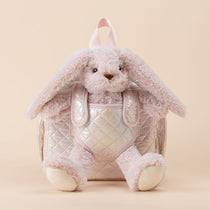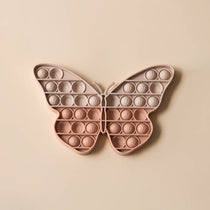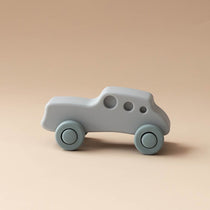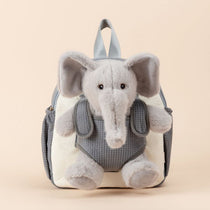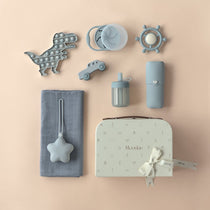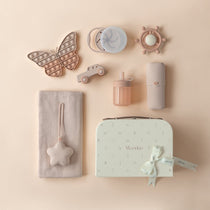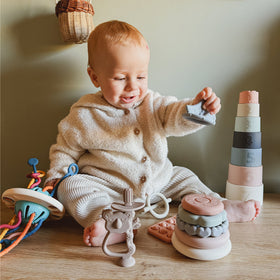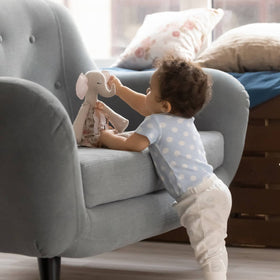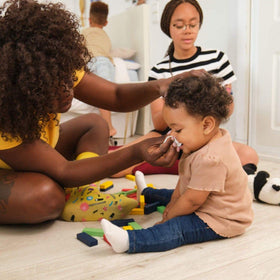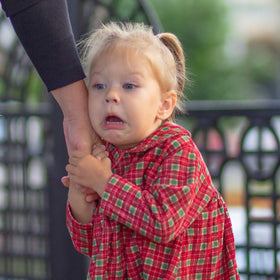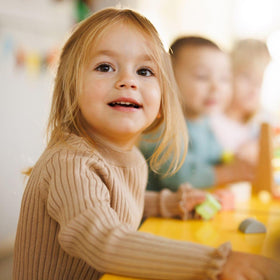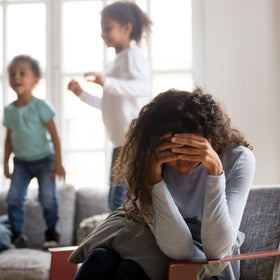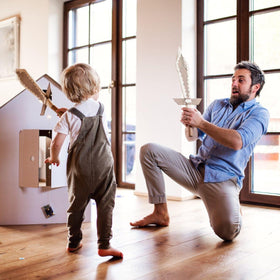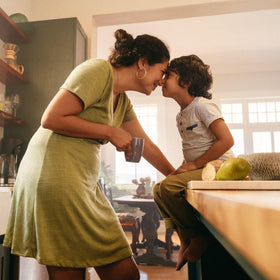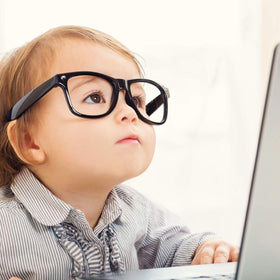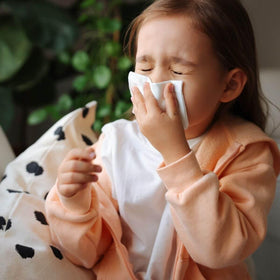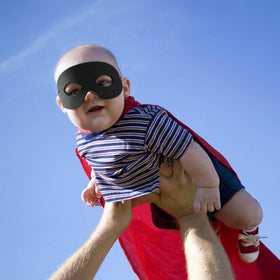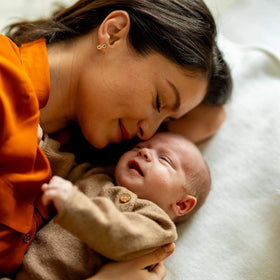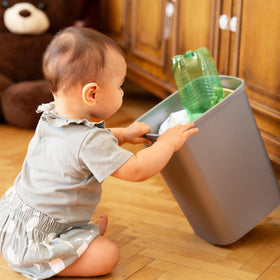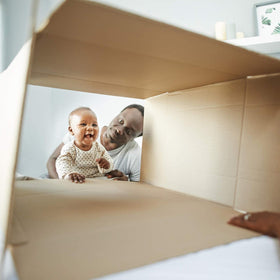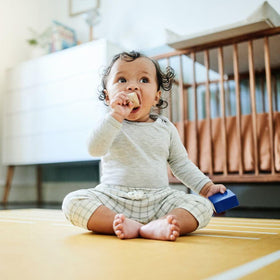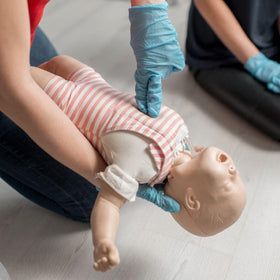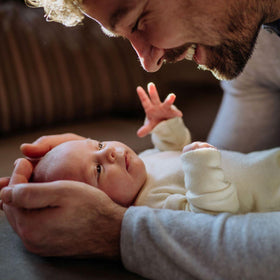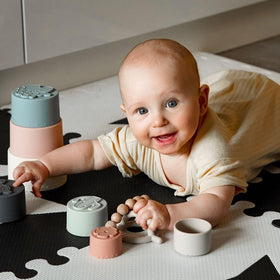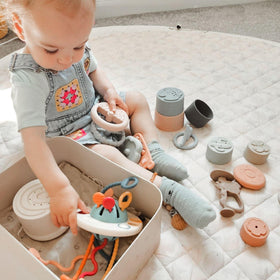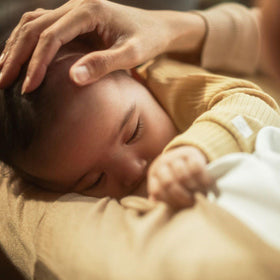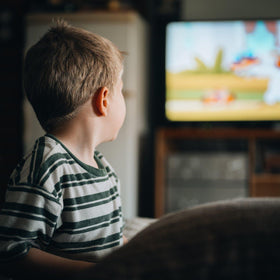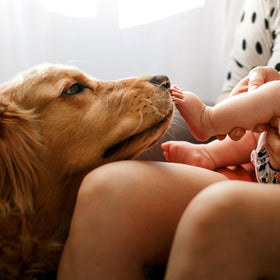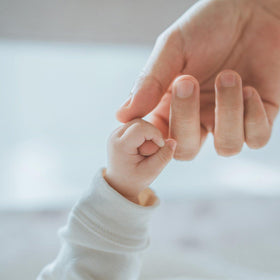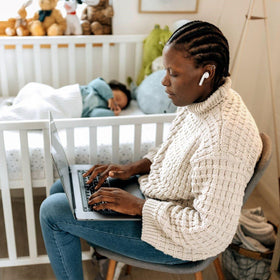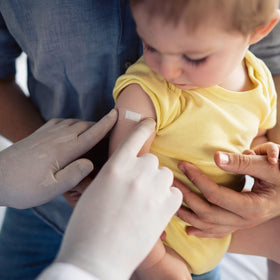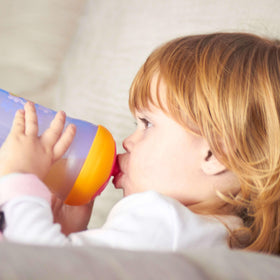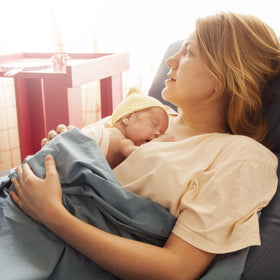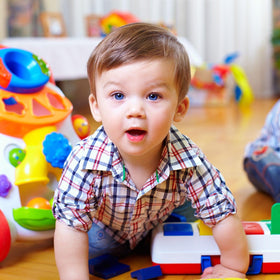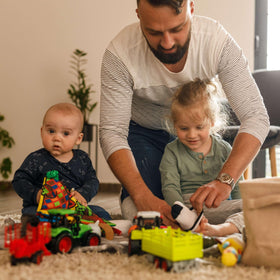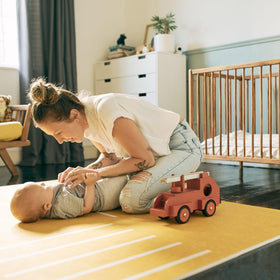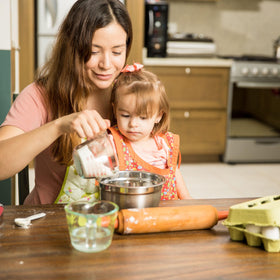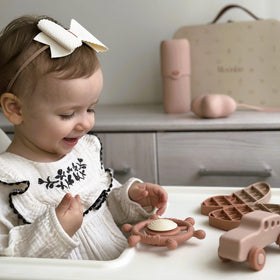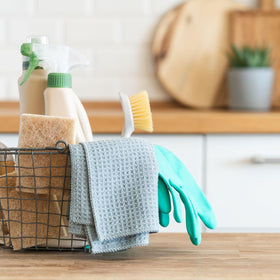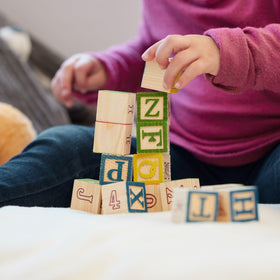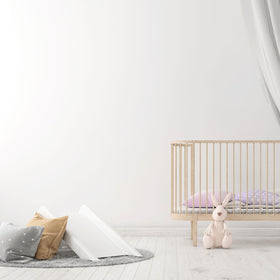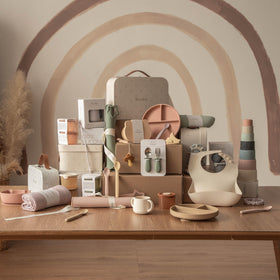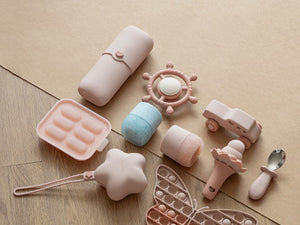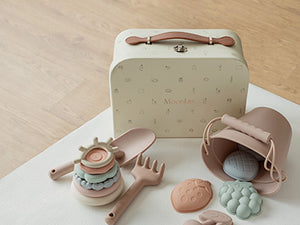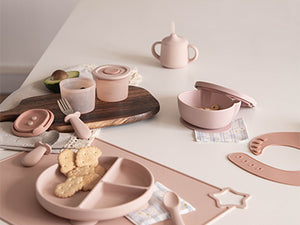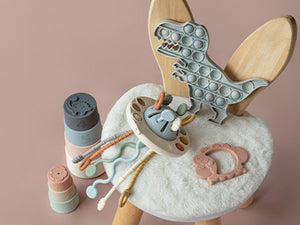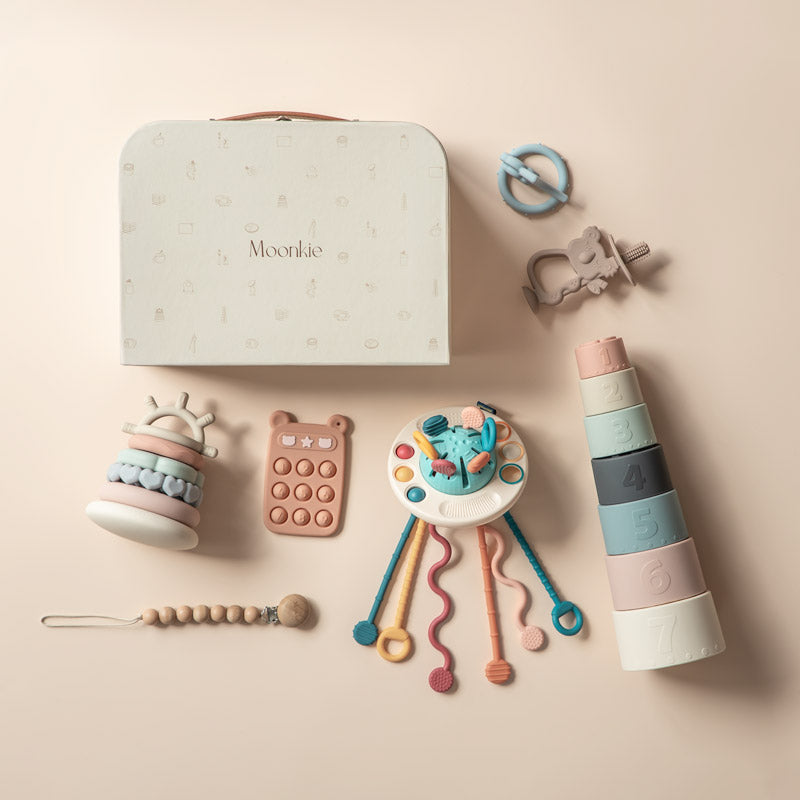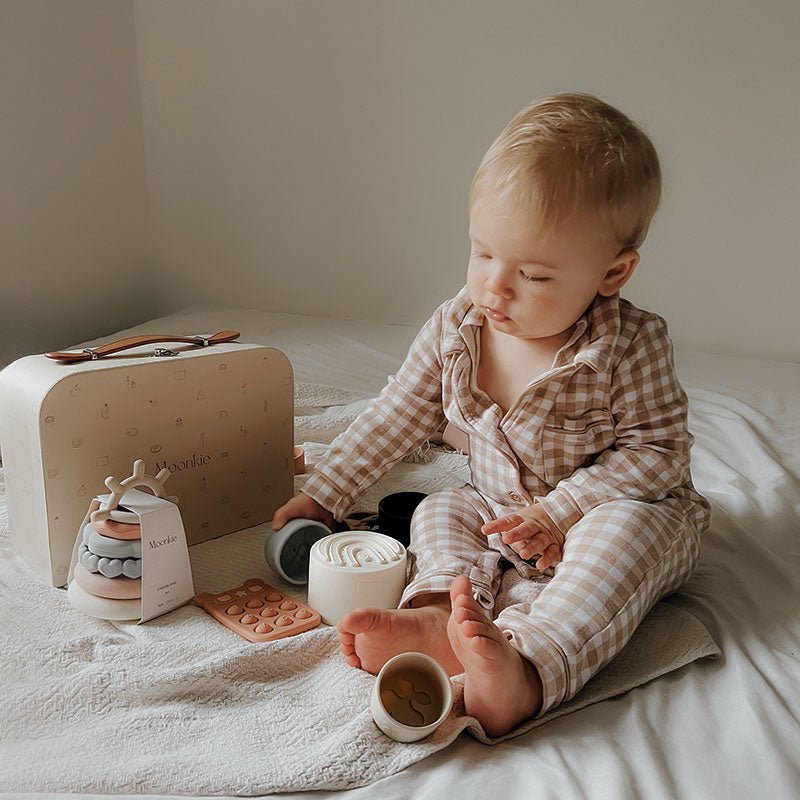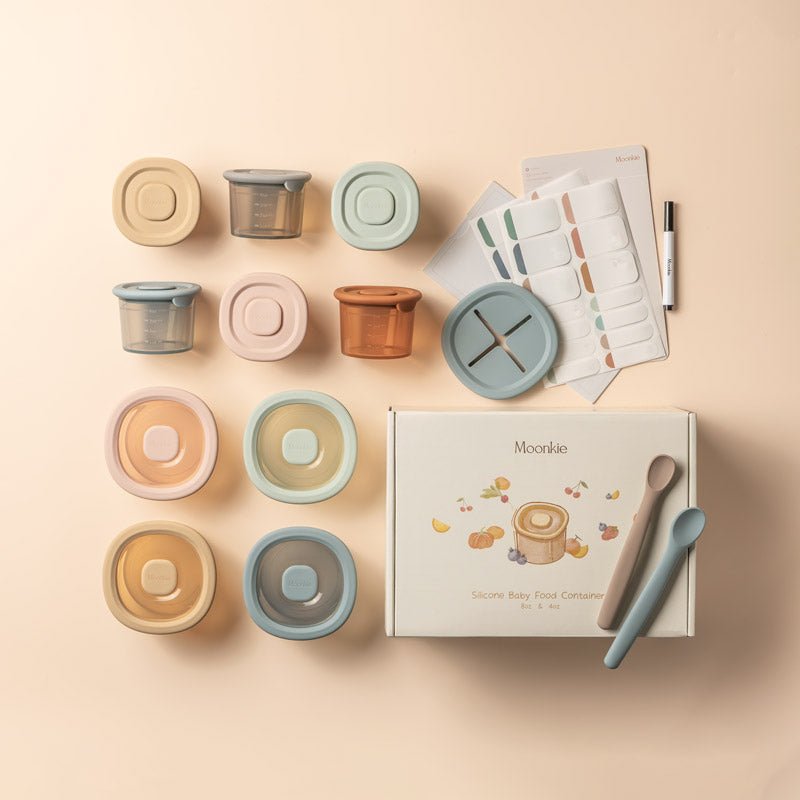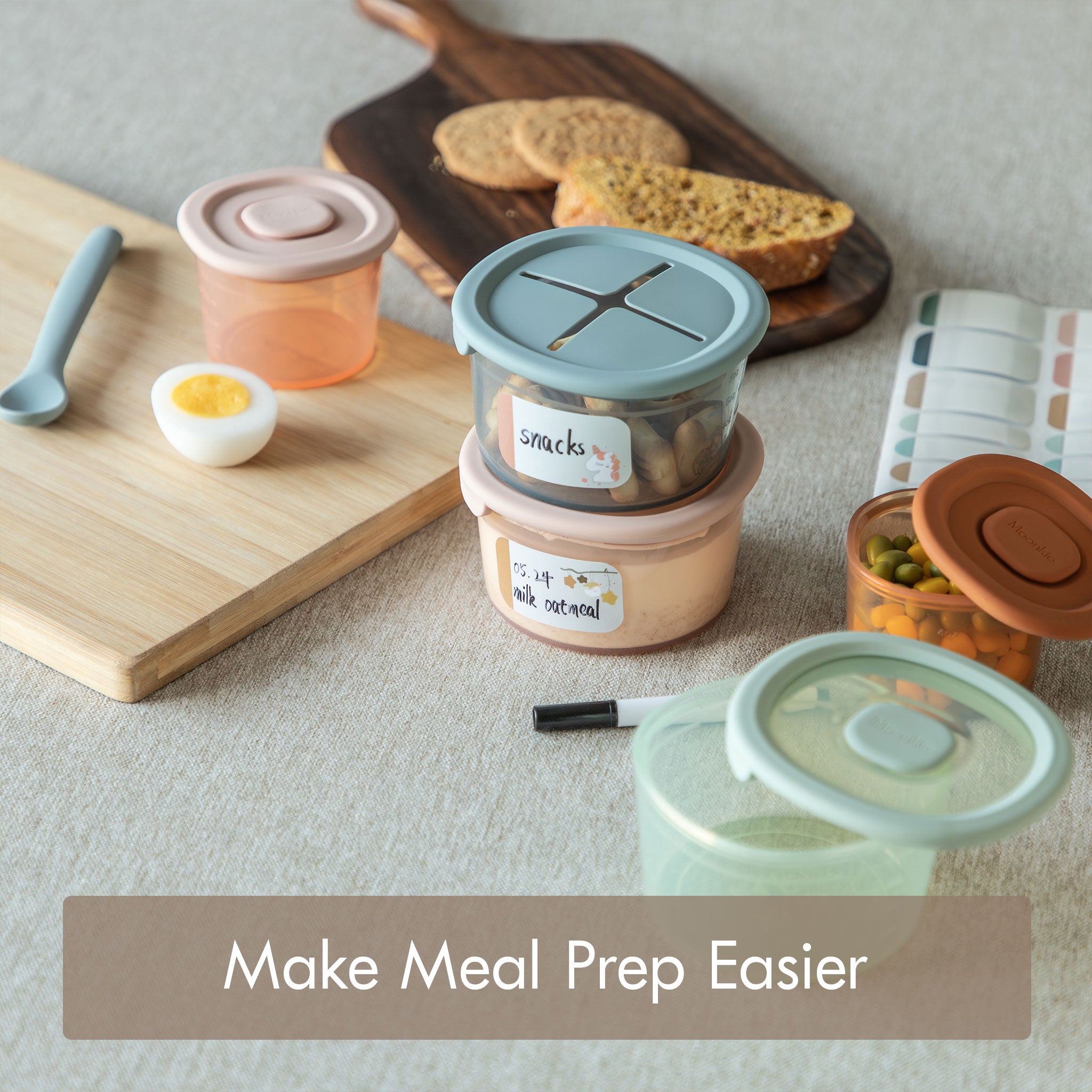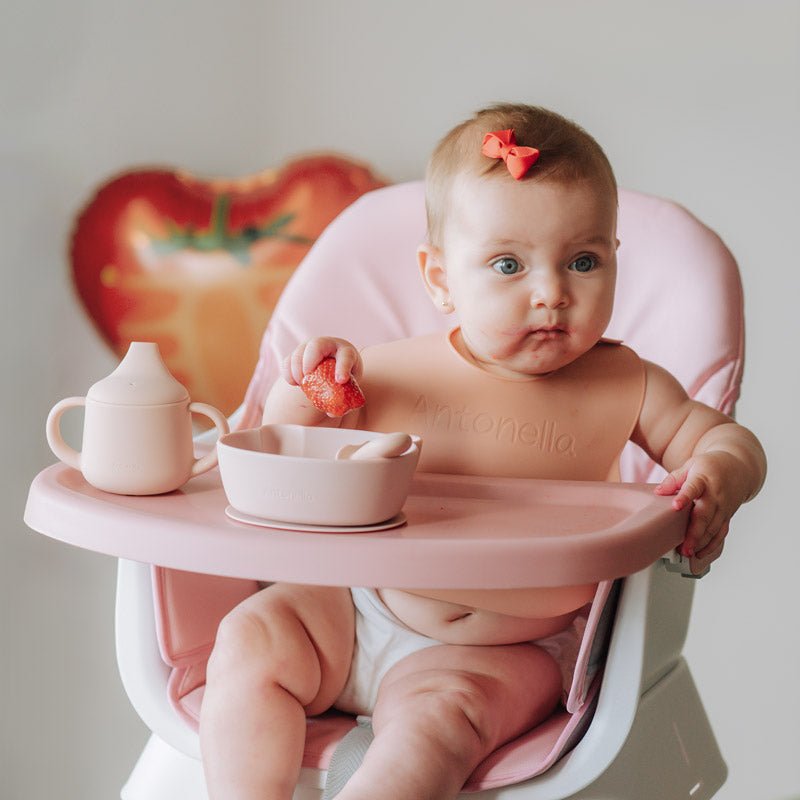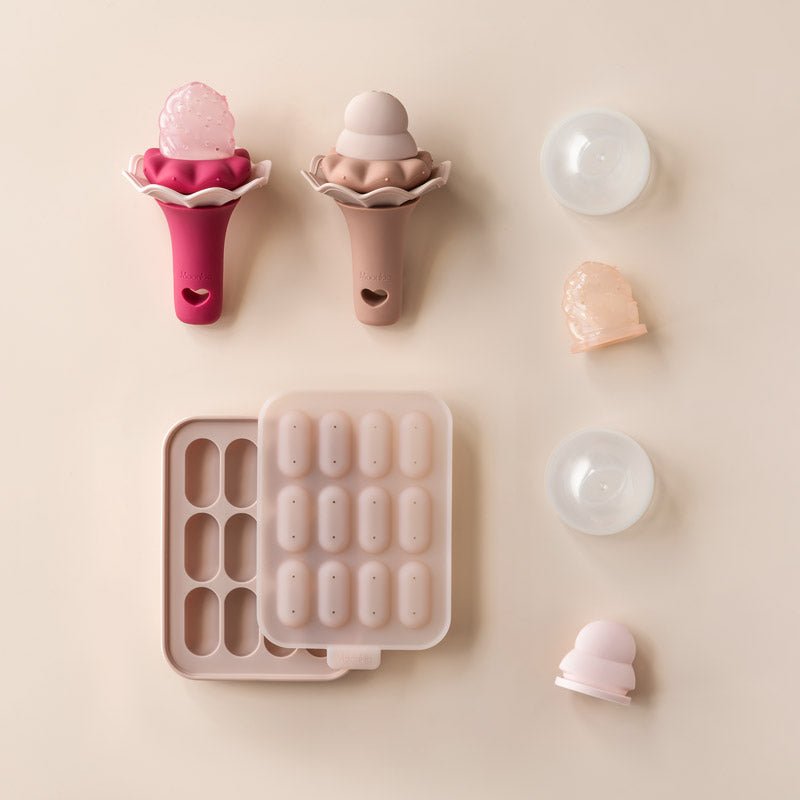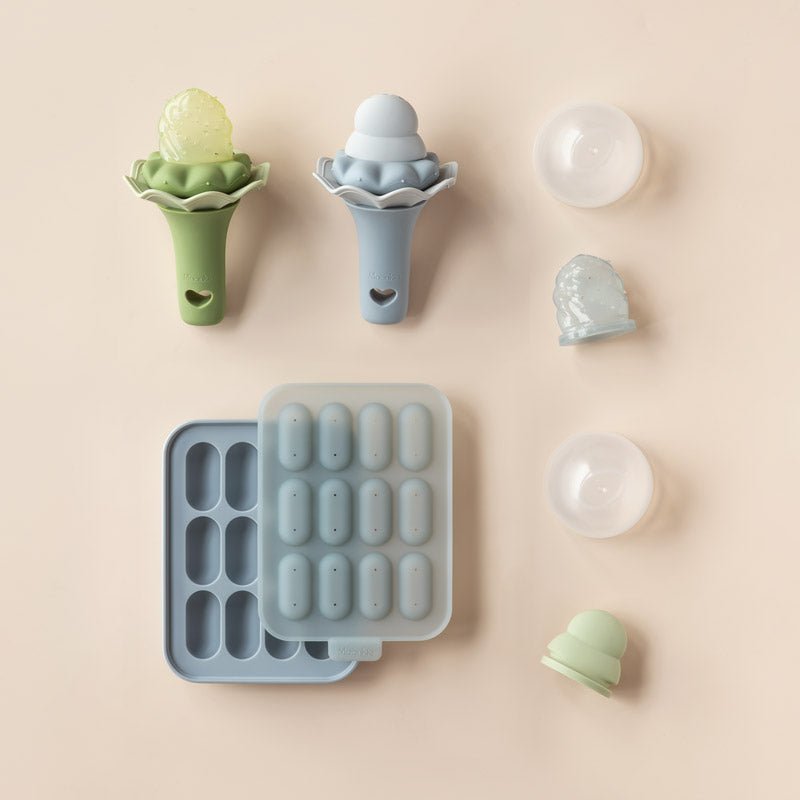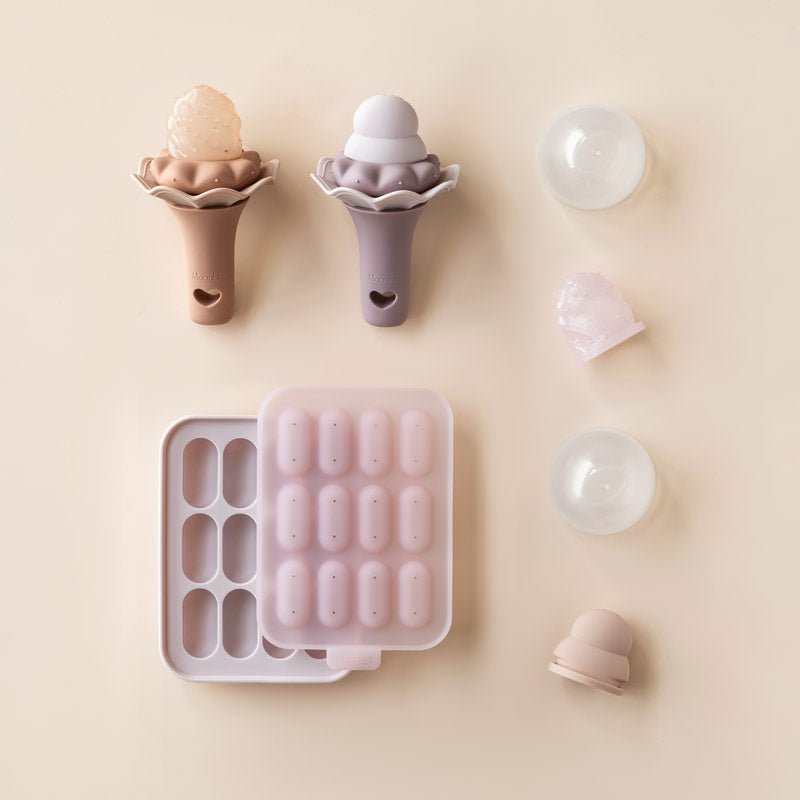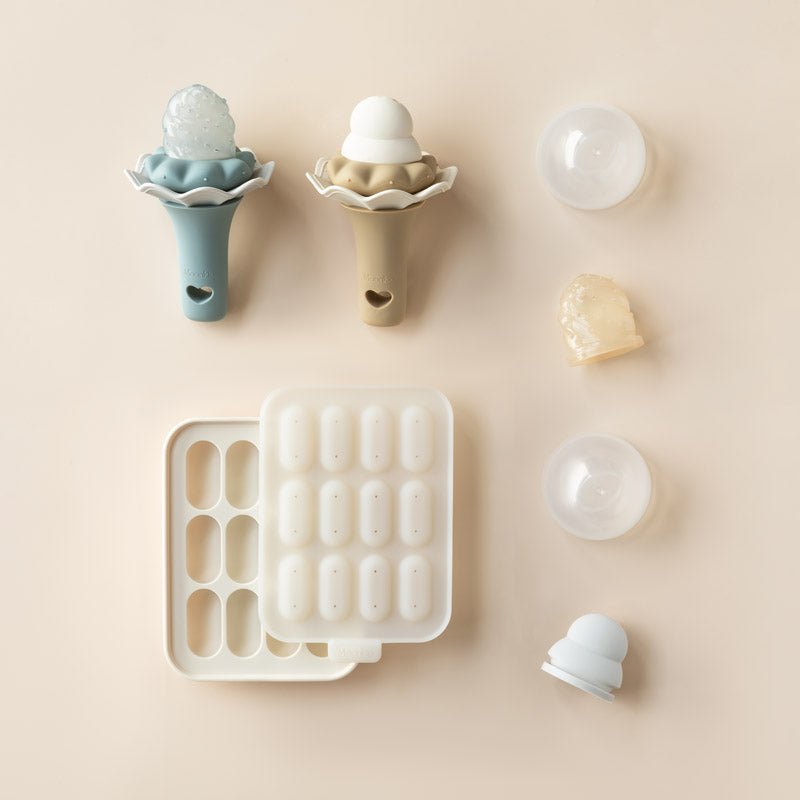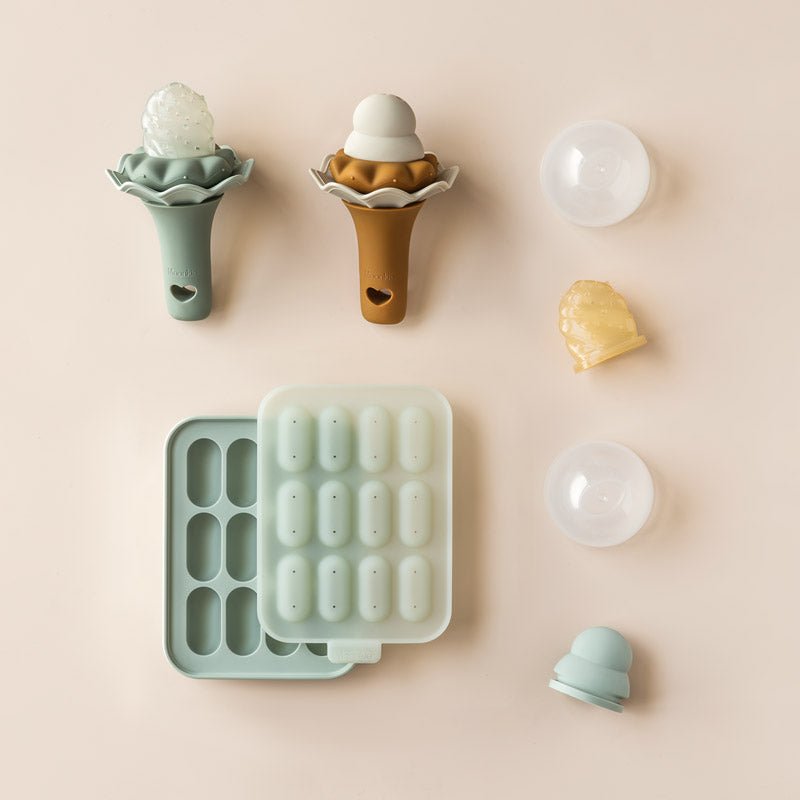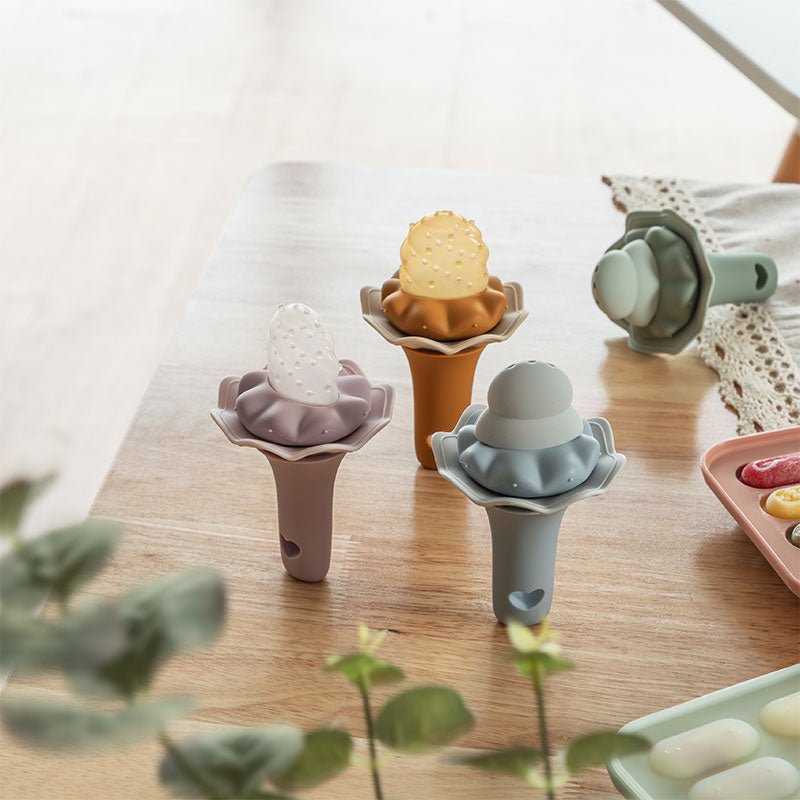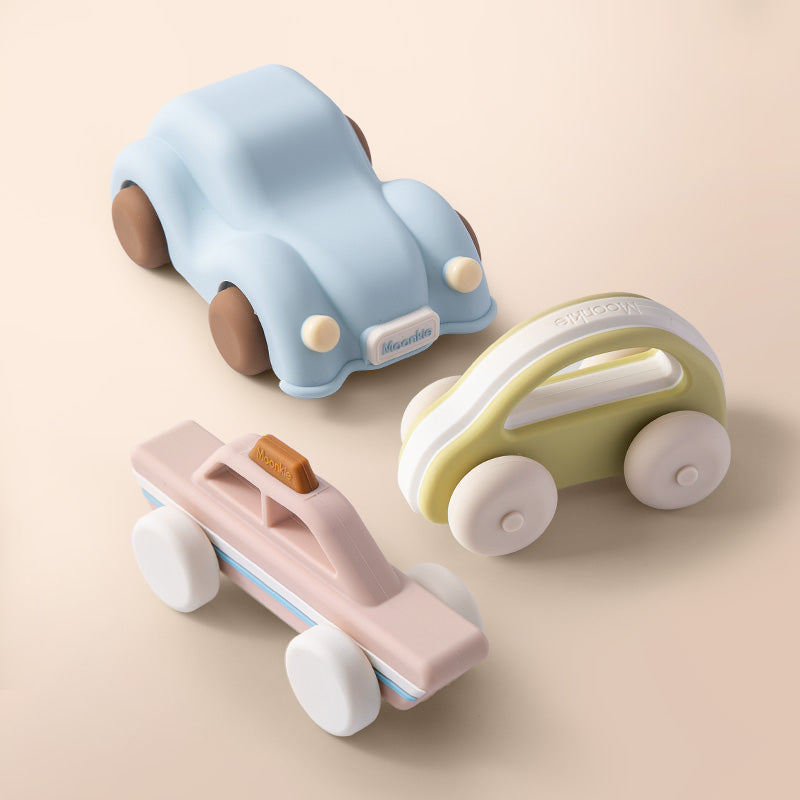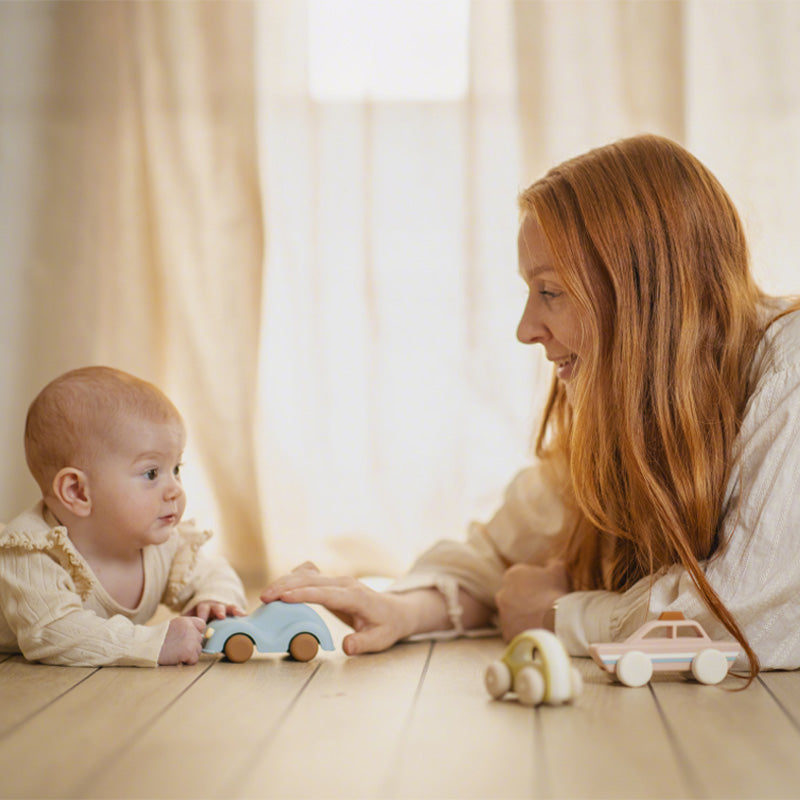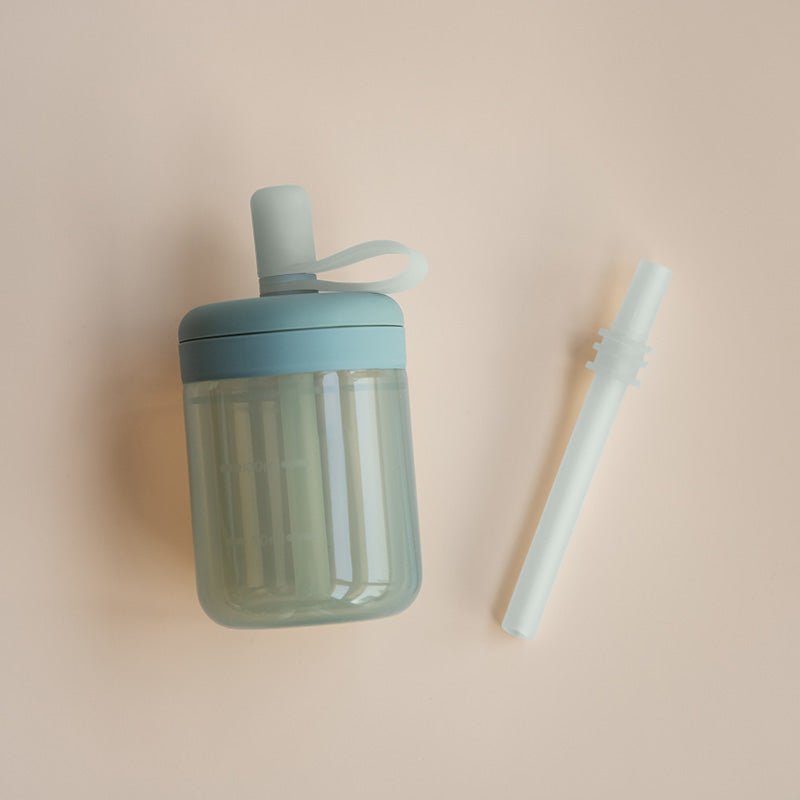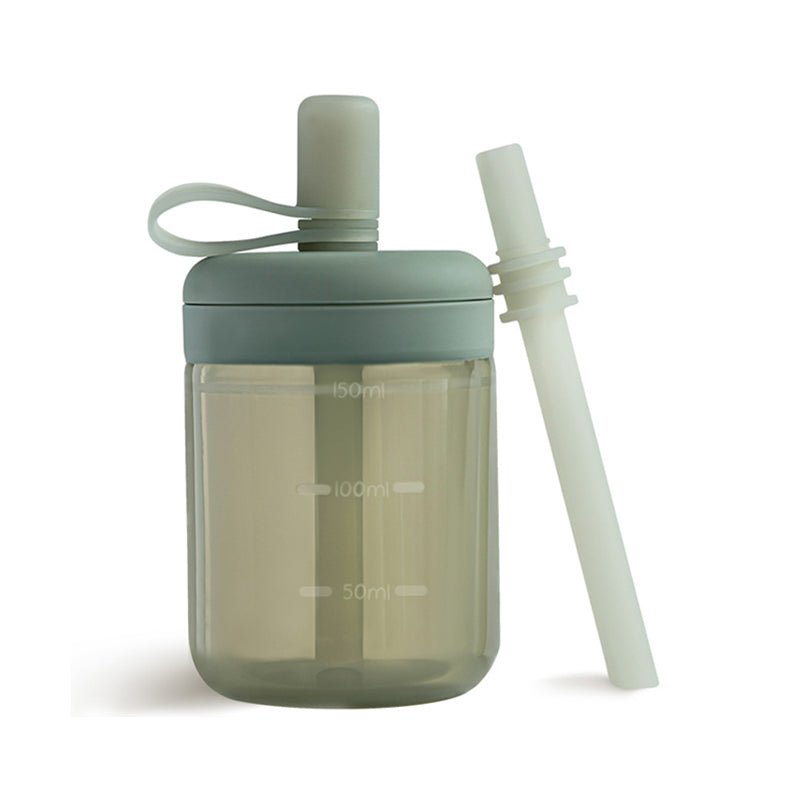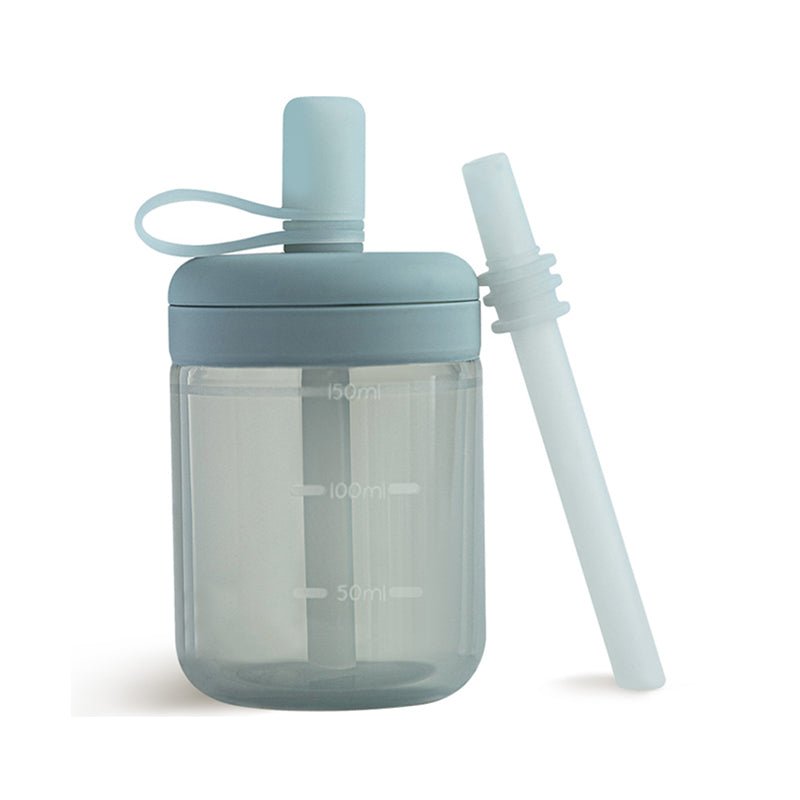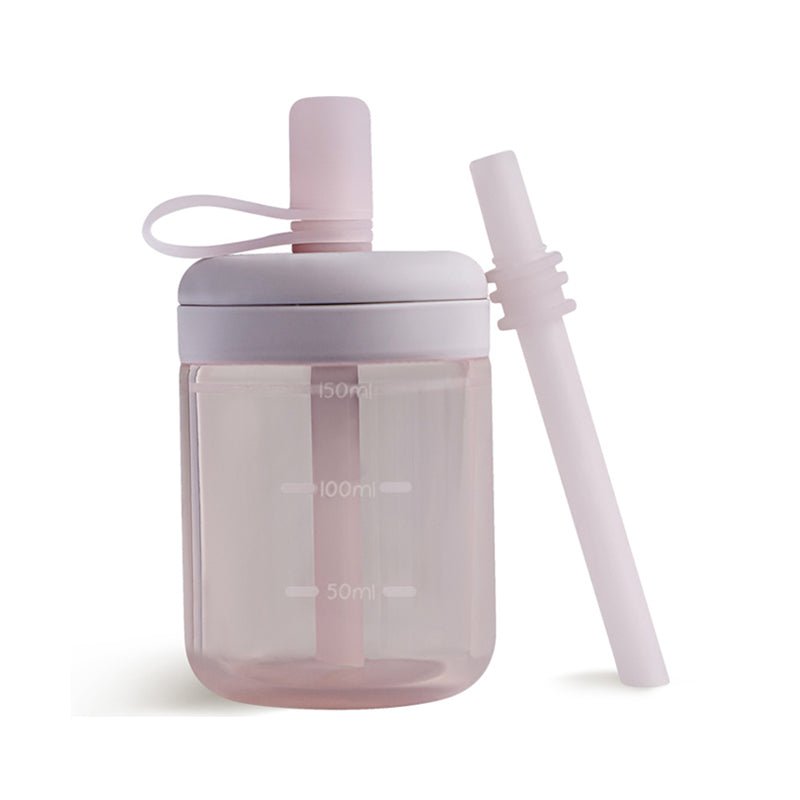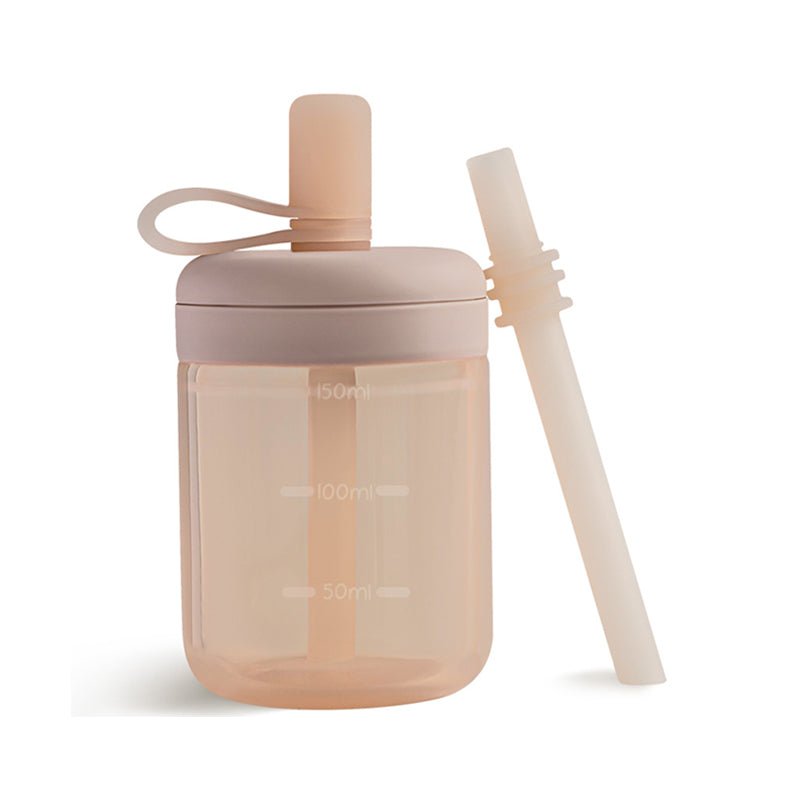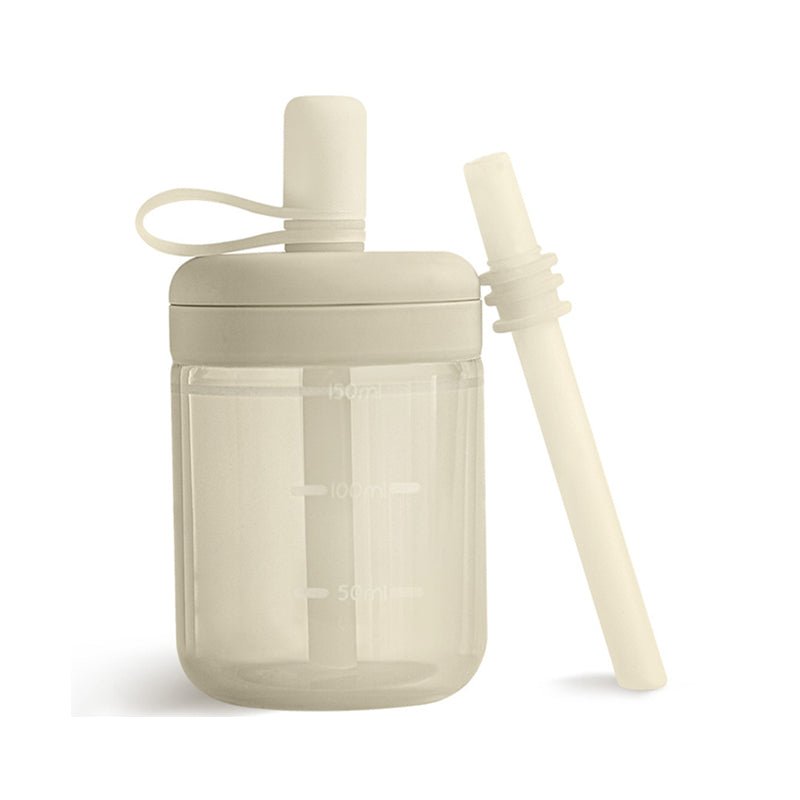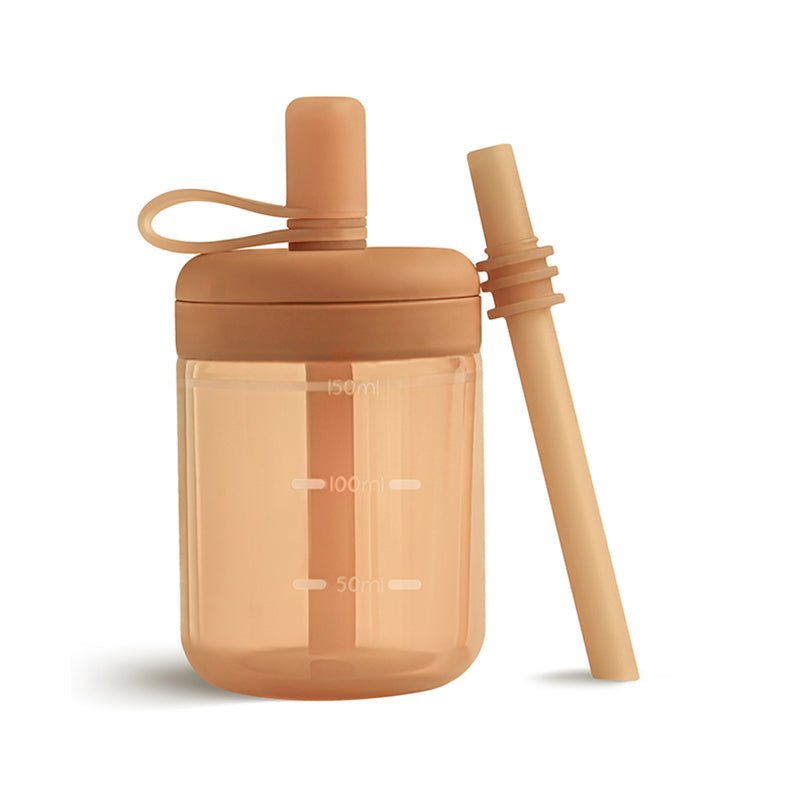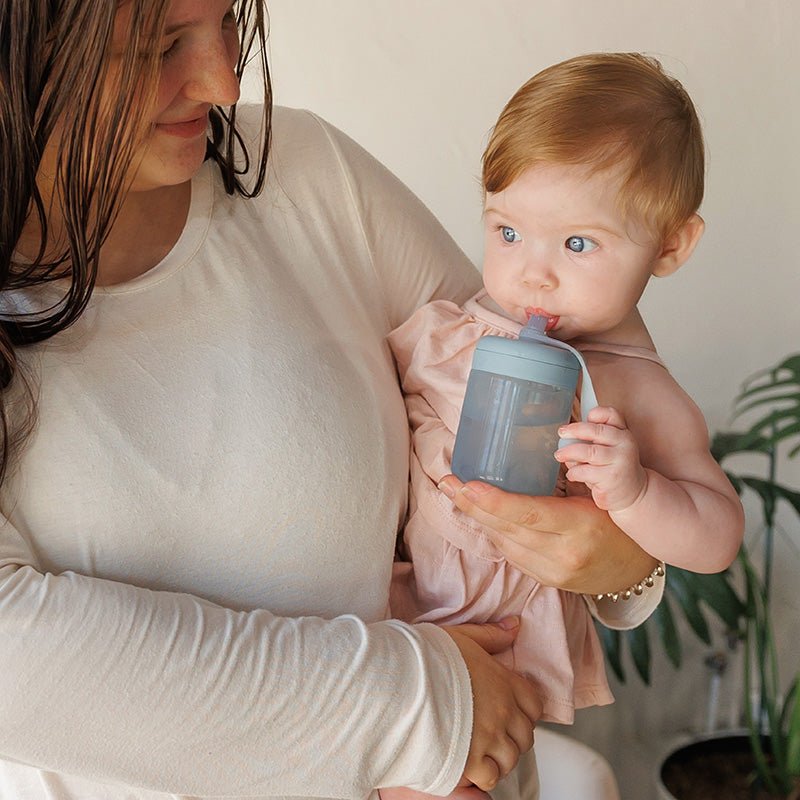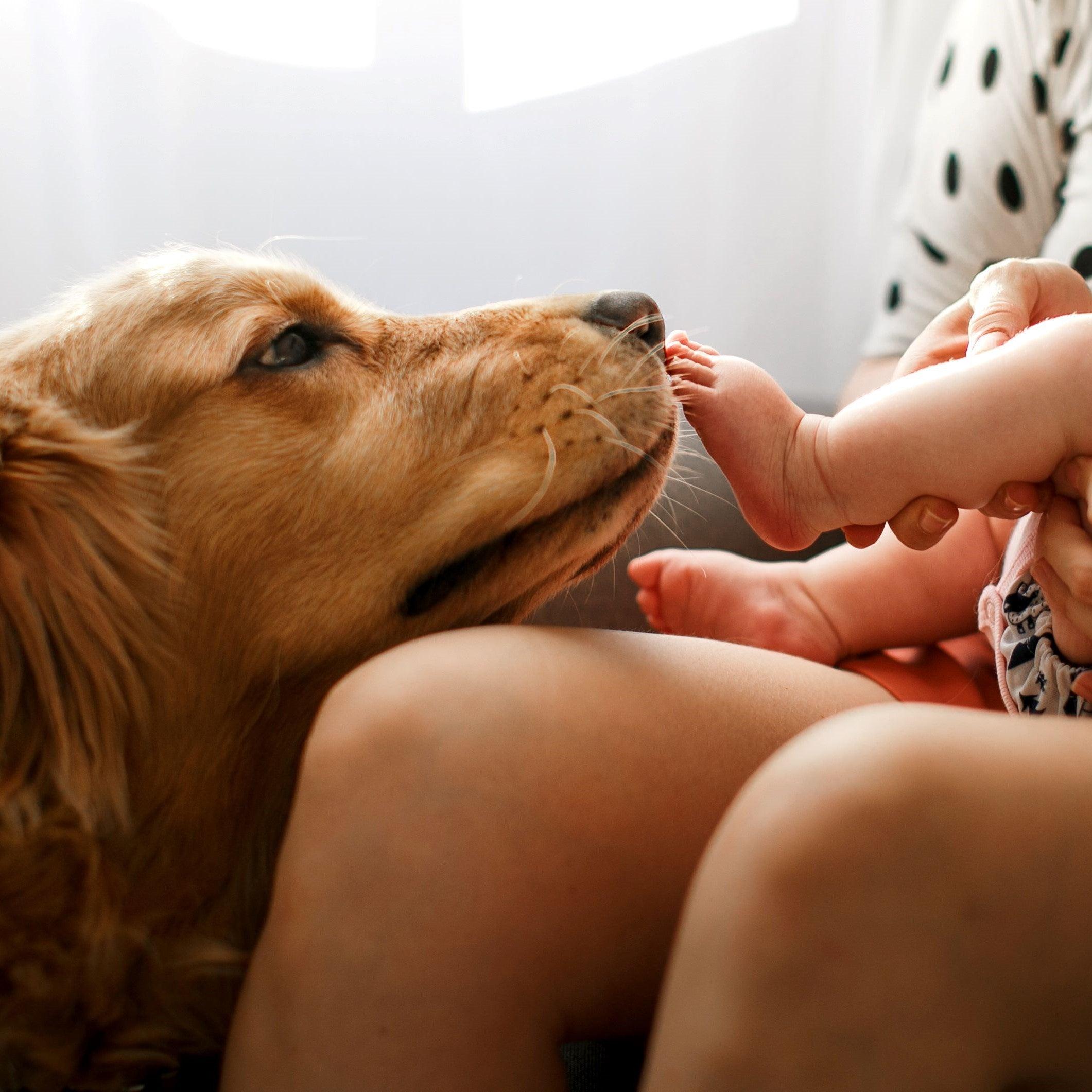Once you hold your newborn in your arms, you become acutely aware of all the dangers you can no longer fully shield your baby from. The womb was cozy, warm, and well-protected from germs and harm, but the outside world is totally different. How can you keep your baby healthy?
You can keep your baby healthy by setting healthy habits for yourself and your baby physically, mentally, and emotionally. Such habits include eating a well-balanced, nutritious diet, getting outside for exercise, spending time bonding, handling stress well, and sleeping enough to heal and recharge.
Yep, I know checking all the health boxes consistently with a baby around is idealistic. I've been there with three of my own kids and toddler and baby group home foster care. The following tips are not from A.I. or idealism--they come from years of hard-earned experience. Let's get into it!
The Basics of Keeping Your Baby Healthy
Thankfully, so much of keeping your baby healthy boils down to some common-sense basics. Yet, how many of us know the basics and fail to use them? Don't worry: this is a typical struggle for adults tired of adulting. With a precious little one around, however, we actually have to stay on top of healthy habits.
Instead of regurgitating what you already know about these basics, I've added answers to common questions, links to more in-depth articles, and ideas for carrying these things out practically.
1. Wash Your Hands Often
Washing your hands is obviously one of the most convenient ways to prevent the spread of germs and infections to your baby. But what may surprise you is how crucial this is for babies, especially newborns: babies don't have a mature immune system until they are nearly three months old (source).

Before that, babies rely solely on the mother's antibodies passed through the placenta in the womb and breastfeeding throughout the day. Breast milk is fantastic in providing infants with proteins, sugars, fats, antibodies, and probiotics.
Even when the mother gets sick, her body shares antibodies with her baby through breast milk to help the baby fight the virus or infection (source). How neat is that?
However, you can prevent getting sick and exposing your newborn in the first place by washing your hands or those of visitors with running water, decent soap, and at least 20 seconds of quick scrubbing (source).
Definitely wash your hands before cooking, eating, or breastfeeding. Moreover, you should wash your hands after:
changing a diaper (wet or dirty)
helping a young child use the toilet
using the toilet
playing with pets or animals
cleaning animal feces, messes, or bedding
wiping a nose
coughing
sneezing
taking care of someone who is sick
cleaning the house
shopping
picking things up outside
using public transportation or utilities
As much as you may not want to become an overprotective parent, the time to be one is those first three months, especially during cold and flu season (October to April). Viruses spread mostly through direct contact, so make everyone wash their hands properly before holding your little one, and ask sick friends and relatives to wait (source).
2. Avoid Germs
Avoiding germs is a hassle with a little one around, but it is vital to keeping your family healthy. We've already hit on washing hands, so this section will focus on baby product materials and house cleaning.

You have millions of choices in baby products but do not assume they are all created equal in terms of bacterial growth and sterilization. For instance, wood is a classic baby toy material, but it can harbor bacteria on its porous surface, and you cannot effectively sterilize it without damaging it.
The same sterilization problem arises with stuffed animals, cloth toys, and vintage plastic toys. The design of a toy can also impact how effectively you can clean it. Toys with multiple textures, tight corners, tiny grooves, or bite marks are nearly impossible to clean well.
Learn more about how to sterilize various baby products by material in The Dos and Don'ts of Disinfecting Baby Toys: A Comprehensive Guide.
Personally, the best material I've found for baby toys that is safe, durable, easy to clean, and effective to sterilize is food-grade silicone, particularly for baby teethers and toys. This market is heavily saturated with low-quality knock-offs, so pay close attention to safety ratings, reviews, and certifications.
Moonkie goes above and beyond with its silicone baby toys and products by thoroughly testing designs with pediatricians, product engineers, mothers, nursery workers, and other professionals, AND acquiring safety certifications from the E.U. and U.S.
Cleaning the House Well
You can avoid many environmental germs by keeping your house clean. The basics involve putting clutter away (or getting rid of it), washing laundry every couple of days, regularly cleaning floors, throwing out old food, taking out the trash often, and consistently cleaning the kitchen and bathrooms.
Simply following these basics will keep bugs and mice at bay, but you may want to go a step further by changing your cleaning products to baby-safe products. Germs in the home are not the only way babies can get sick; chemicals can harm babies' delicately developing bodies.
Learn more about harmful chemicals in your household cleaners and items you should remove in 25 Common Household Things That Are Toxic to Your Baby.
Once you have identified toxic or harmful chemicals in your cleaners, learn how to replace them with safe and effective (and cheap!) alternatives in Cost-Effective Eco-Friendly Cleaning Tips for Busy Parents.
3. Breastfeed
Breast milk is packed with everything a little one needs before he can eat solid food, including fats, sugars, and proteins, ready for your baby's immature digestive system. It also contains antibodies and probiotics to safeguard your baby's health (source).

Breastfeeding is excellent for your baby, but it is not a walk in the park. To make the best quality milk for your little one and safeguard your ability to produce milk consistently, you must eat a well-balanced diet, stay hydrated, and avoid alcohol or copious amounts of caffeine.
Having a nursing bra that fits properly also eases discomfort and makes developing an infection like mastitis less likely. A general rule of thumb is what you eat is what your baby eats. And yes, your milk slightly changes flavor depending on what you ate a few hours ago (source)!
So, eat well, stay hydrated, take care of yourself, and nurse regularly, knowing that you are giving your baby exactly what he needs to grow and develop.
4. Get Plenty of Time Outside
Exercising is a huge part of recovering from 40 or so weeks of pregnancy and hours of delivery. Though you could work out at home or in a gym, getting outside for fresh air and sunlight will help you exercise, introduce your baby to new things, and stave off postpartum depression (source).

Going outside as often as the weather allows after pregnancy has a host of other benefits, too (source):
helps you lose pregnancy weight
strengthens loose abdominal and pelvic floor muscles
boosts your energy levels
promotes better sleep (as possible with a newborn around)
relieves stress
Aside from the benefits for you, time outside provides your baby with lots of sensory exploration possibilities and developmental benefits. You can learn more about these in Why Your Baby or Toddler Needs to Spend More Time in Nature.
5. Sleep Enough
Of course, your baby needs sleep--if only she would sleep through the night! At first, waking to eat and fill a diaper every 2-3 hours is normal. Thankfully, the time between wakeups will lengthen every month until your baby snoozes all night.

But until that glorious night, how much sleep is "enough" for your baby? According to the National Sleep Foundation, here is the goal for each stage:
Age |
Suggested Hours of Sleep |
Newborns (0-3 months) |
14-17 hours (night and naps) |
Babies (4-11 months) |
12-15 hours (night and naps) |
Toddlers (12-24 months) |
11-14 hours (night and naps) |
Preschoolers (3-5 years) |
10-13 hours (night) |
If your baby regularly sleeps less than the recommended hours for her age above, talk to your pediatrician and evaluate whether something you are eating or drinking is affecting your baby's sleep.
6. Get Your Baby Vaccinated
As controversial as this topic is, getting your baby vaccinated is a responsibility you and your partner must decide on sooner rather than later. Unvaccinated children may not be admitted to daycares, schools, or summer camps during childhood.

Intentionally choosing not to vaccinate your child (or delaying the vaccination schedule until your baby has developed a mature immune system) may have unintended consequences.
So, do your research to understand each recommended vaccine and how it works. If you ultimately end up choosing to forego some or all vaccines, take precautions to prevent exposing your unprotected child to those dangerous diseases, infections, and viruses.
Read A Quick Guide to Baby Vaccinations in the U.S. for a brief overview of a general U.S. vaccine schedule for babies and toddlers.
7. Keep Your Baby Safe from Hazards
Believe it or not, your little one will soon crawl, cruise, and walk. From there, it's just a short time until your little genius can get around baby locks, gates, and "toddler-proof" safety gear.

Preparing your home for a newborn is far easier and less involved than preparing for crawling and walking. You can find a list of preparation tasks for newborns in 25 Household Preparation Tasks to Complete Before Baby.
Since crawling and walking are different games altogether, with decisions to make on how you will discipline your baby, check out 25 Ways to Prepare Your Home for Baby's Crawling and Walking.
8. Spend Time Bonding
Another way to promote your little one's health is to spend intentional time bonding throughout the day. Skin-to-skin contact, eye contact, speaking and singing to your baby, and being physically close to soothe and love your baby are all fantastic ways to bond with your baby.

Babies need lots of time with parents to develop well physically, emotionally, and mentally. You can learn more about this in The Science Behind Bonding with Your Baby: A Comprehensive Guide. It's an incredible process, and dads are just as important!
9. Avoid Putting Your Stress on Your Baby
Stress is a massive beast that we tend to ignore for as long as possible in American culture. Yes, we know when we are stressed, and we may even try to do something here and there to lessen it, but we hardly ever stop to actually deal with the root problems causing stress.

Babies add stress by crying, requiring help immediately, interrupting parental sleep patterns, and being the next generation that parents had better not mess up. That last point is an exaggeration, but it certainly captures what parents often feel about not wanting to "mess up" their child.
In all the things that babies bring into your life, however, none of it is their fault. Sure, a baby adds to your stress, but you, as the parent, should not put your stress on your baby. That means avoiding shaking, yelling, throwing things, stomping around, and other forms of blowing up or acting out toward or around your baby.
Instead, focus on spending time with your baby, free of devices, work stress, and life pressures. Holding your little one, going for a walk together, stepping out to see the stars, and giggling at cute reactions are joyful moments that pass too quickly. Spend time with your baby to relieve stress, not to "put out fires."
Mothers struggling with postpartum depression battle with stress and bonding with their babies. It's an awful struggle that sucks away all motivation and energy. However, there are things one can do. Read about them in How to Bond with Your Baby When You're Struggling with Postpartum Depression.
10. Keep an Eye on Diapers
Diaper-watching is a thing because you can get a load of information about how well your baby is eating and digesting from each diaper (pun intended). Depending on your little one's stress and your milk, you may see different colors, consistencies, and numbers of dirty vs. wet diapers.

Diaper loads become particularly telling when your baby begins eating solids around the six-month mark. As gross as it is, keeping track of what your baby's diapers are like throughout the day and week is crucial to understanding how healthy your baby is.
In a Nutshell
Keeping your baby healthy starts with common sense basics, but knowing why those basics help your baby puts everything into perspective. Health is a multi-faceted state that requires paying attention to your little one's emotional, mental, social, and physical development.
In the early years, parents are the center of their babies' development and, in many ways, their babies' health. So, learn everything you can and spend time with your baby. These cherished moments are fleeting!

